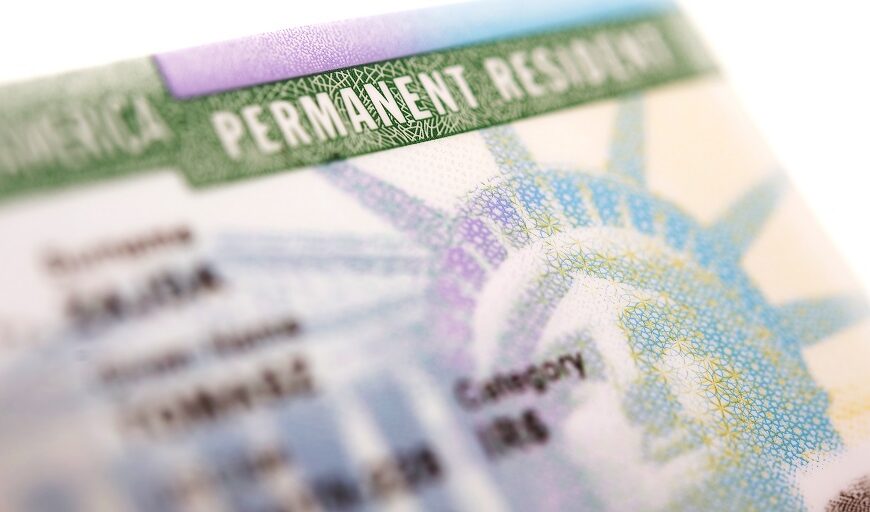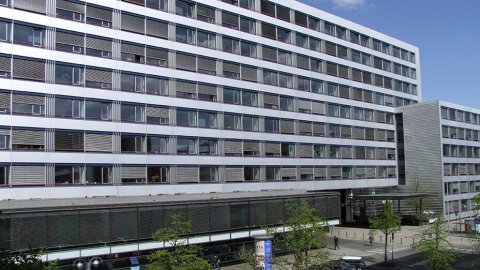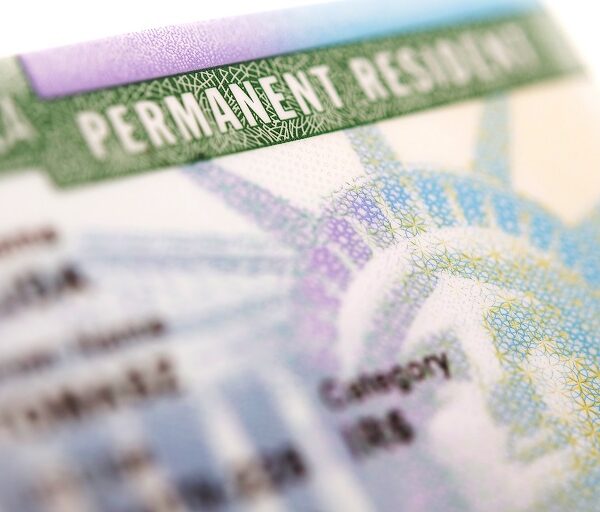Understanding the UNHCR’s Support for the UK’s ‘Return Hubs’
In recent discussions surrounding the UK’s migration strategy, the United Nations High Commissioner for Refugees (UNHCR) has thrown its weight behind the concept of ‘return hubs’. These hubs, which aim to facilitate the return of migrants to their countries of origin, are part of a broader effort to manage immigration in a way that is both effective and humane.
What are ‘Return Hubs’?
‘Return hubs’ are designated facilities where migrants who are set to be returned to their home countries can be processed. The idea is that these hubs will serve as transitional points, offering assistance and resources to those preparing to return home. Key features of these hubs include:
By establishing these hubs, the UK government aims not only to streamline the return process but also to ensure that those being returned are treated with dignity and respect.
UNHCR’s Perspective on Migration
The UNHCR has long advocated for the protection of refugees and displaced persons. Their support for the UK’s return hubs is rooted in a comprehensive approach to migration that emphasizes safety, human rights, and the need for sustainable solutions. According to the UNHCR, the implementation of return hubs must adhere to several guiding principles:
These principles underscore the importance of not only managing migration but also addressing the root causes that lead to displacement in the first place.
The UK’s Migration Strategy: Key Components
The UK’s migration strategy encompasses various elements aimed at creating a balanced and efficient immigration system. The introduction of return hubs is just one aspect of a broader framework that includes:
Strengthening Border Control
The UK government is committed to enhancing border security to prevent unauthorized entry. This involves:
Expanding Legal Pathways for Migration
While border control is essential, the UK also seeks to broaden legal migration pathways. This includes:
By expanding legal avenues for migration, the UK hopes to reduce the number of individuals resorting to dangerous and irregular routes.
Enhancing Asylum Processes
The UK is focused on improving the asylum process to ensure timely and fair assessments. This includes:
A fair and efficient asylum process is vital for maintaining the integrity of the migration system while ensuring that those in need of protection receive it promptly.
Challenges and Concerns
While the concept of return hubs has garnered support, it is not without its challenges. Critics have raised several concerns regarding the implementation of such facilities, including:
Human Rights Concerns
There is apprehension that return hubs may lead to the mistreatment of individuals. Ensuring that human rights are upheld is essential. The UK government must establish robust oversight mechanisms to guarantee compliance with international standards.
Logistical Issues
Setting up the infrastructure for return hubs presents logistical challenges. This includes:
Addressing these logistical hurdles will be crucial for the successful implementation of the return hub concept.
Reintegration Support
A significant concern is the adequacy of reintegration support for returnees. The success of return hubs hinges on the ability to provide meaningful assistance to individuals as they reintegrate into their home countries. Programs must be established to address:
Without proper reintegration support, returnees may struggle to rebuild their lives, leading to further cycles of migration.
Conclusion: A Balanced Approach to Migration
The UNHCR’s endorsement of the UK’s ‘return hubs’ marks a significant step in the ongoing dialogue about migration management. By emphasizing the importance of dignity, voluntariness, and reintegration, the UNHCR aligns with a humanitarian approach that seeks to balance control with compassion.
As the UK continues to refine its migration strategy, it will be essential to consider the broader implications of policies and practices not just for those seeking refuge, but for society as a whole. By fostering cooperation between governments, organizations, and communities, a more equitable and effective migration system can be achieved, one that respects human rights and addresses the root causes of displacement.
In conclusion, while challenges remain, the establishment of return hubs presents an opportunity for the UK to lead by example in managing migration responsibly and humanely.







